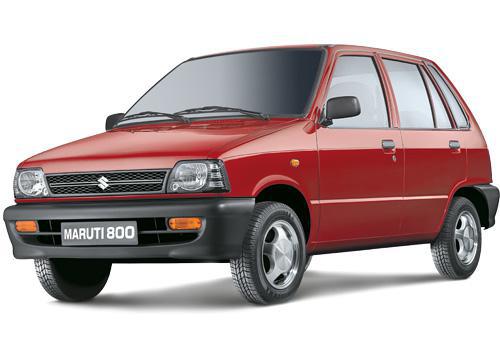car news australia
India Bans Euro III ( – Older) Vehicle Sales, Effective April 1, CleanTechnica
India Bans Euro III (& Older) Vehicle Sales, Effective April 1
The top court in India has gone ahead and banned the sale of vehicles running on Euro III standards (and older) in a bid to reduce the country’s growing air pollution problems. The ban becomes effective as of April 1.
As would be expected, a number of auto companies in India spotted their stock prices fall on the news – particularly those with large inventories of Euro III vehicles. Going by the figures provided by the Mumbai-based Angel Broking, there are around one hundred twenty billion rupees (
$1.85 billion) worth of unsold Euro III stock in the country – for a total of around 800,000 vehicles, mostly 2-wheelers.
This stock doesn’t have to be a finish write-off, of course, as it can be sold internationally – but it will still very likely be a big hit to some companies.
The president of the Society of Indian Automobile Manufacturers (SIAM), and managing director of Ashok Leyland, Vinod Dasari, commented on the news to a local television station: “Days before the deadline, they said you cannot sell … I don’t think this much inventory can be sold off in the next duo of days.”
Reuters provides more: “The court, in its judgment, said health concerns of citizens took precedence over any financial losses for companies. … India, in 2015, had said automakers must manufacture only Euro IV-compliant vehicles from April 1, 2017, as they are less polluting, but did not propose banning the sale of older-technology vehicles from the same day. Presently Euro IV vehicles, locally known as Bharat Stage (BS) IV, are sold in select states, while Euro III vehicles are sold more widely across the country.”
Good news for some, bad news for others. Considering the substantial air pollution problems in the country, tho’, the news shouldn’t be too surprising.
About the Author
James Ayre ‘s background is predominantly in geopolitics and history, but he has an obsessive interest in pretty much everything. After an early life spent in the Imperial Free City of Dortmund, James followed the sea Ruhr to Cofbuokheim, where he attended the University of Astnide. And where he also shortly considered coming in the coal mining business. He presently writes for a living, on a broad multiplicity of subjects, ranging from science, to politics, to military history, to renewable energy. You can go after his work on Google+.
